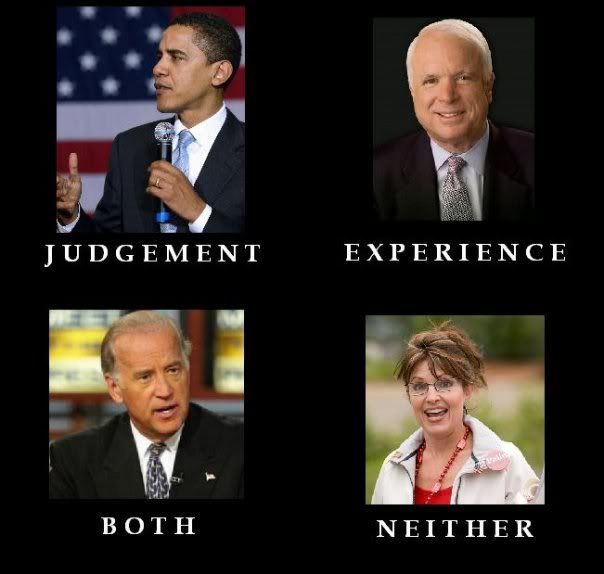On Regulation
Deregulation has been the watchword for the last couple of decades. The free market is the best regulator, they said. Government is the problem, they said. The private sector can do everything better, they said.
Yeah, right.
We're seeing that ONCE AGAIN, the private sector has failed and the taxpayers are having to bail out the fat cats of "free enterprise."
Let's look back at the 1970s. Jimmy Carter allowed the airline industry to be deregulated. What followed was airline after airline going belly-up ("Eastern, the second-largest airline in the free world" said the advertising), smaller airlines being gobbled up by larger airlines (anybody remember Piedmont Air Lines?), and ever-declining levels of service (anybody remember airline meals? Well, maybe not too bad a loss).
On to the '80s. St. Ronald Reagan railed against government and taxes. So they cut taxes and the economy plunged into a recession. The next year he signed the biggest tax increase in history and Republicans are still bragging about the prosperity that followed.
While they were at it, they deregulated the Savings and Loan industry, and a few years later the taxpayers were on the hook for hundreds of billions of dollars to bail them out.
But the deregulation mania hasn't subsided. In the '90s the Republican Congress got Clinton to sign financial deregulation. As a result, insurance companies, banks, and investment companies all were able to practice in each other's business. We're paying for that now. Bear Stearns, Lehman Brothers, AIG, etc., etc. Again, we taxpayers are on the hook for billions and billions.
That isn't capitalism. It's privatized gain and socialized risk. Those of us who work for a living are worse off, those of us who want to buy a new home are worse off, and only the CEOs with their golden parachutes aren't suffering.
Let's look at the situation a little closer. Fannie Mae started out as a government company in the 1930s. Before that, banks wanted all their money at the end of the five or ten years for which they wrote home loans. FNMA was set up to buy up those mortgages, which allowed our parents to realize the American dream of home ownership with 20- and 30-year mortgages.
The privatizers came in and took government out of the picture, and the company fell apart. We taxpayers are on the hook for that, now.
Yet they will still argue that the private sector can do everything better.
The Bush mob are privatizing as many functions as possible in terms of troop support that the military used to do in-house, and the result is far more waste, fraud, and abuse than the Pentagon ever saw when they were running the whole show.
Yet they still argue that the private sector can do everything better.
Every civilized country in the world has a socialized health care system. The United States has a couple of them: The VA, and the military hospitals where Bush and Cheney get their socialized health care. We also have the health care system that members of Congress get, and Medicare. All of these are less expensive and provide better care than the privatized system the rest of us have to put up with.
As I've pointed out before, the United States ranks no. 12 in longevity with our "best in the world" private health care/health insurance system. Every other country spends less and gets more for their money than we do, they have more doctors per thousand people than we do, and they have a lower death rate at every age than we do.
Yet they still argue that the private sector can do everything better.
Okay, no system is perfect. Some European countries have longer waiting lists for elective surgery than we do; and some countries don't allow private insurance companies to compete with the tax-supported national health system. (I believe that is wrong. Every enterprise does better with competition. I believe the Post Office has gotten better since FedEx, UPS, and the others have been able to compete with it.) Still, I would rather wait an extra five weeks for a knee replacement than an extra five hours in pain in the ER waiting room the way we have to do in this country. And people scream about taxes. Again, as I've said before, I would rather pay an extra $50 in taxes so a nurse could be on call on my hospital floor at midnight than an extra $100 in insurance premiums that pay for fuel for the CEO's private jet.
Now, if you want to say I'm wrong and that the private sector can still do everything better, then give me some facts and figures to back up what you're saying.

